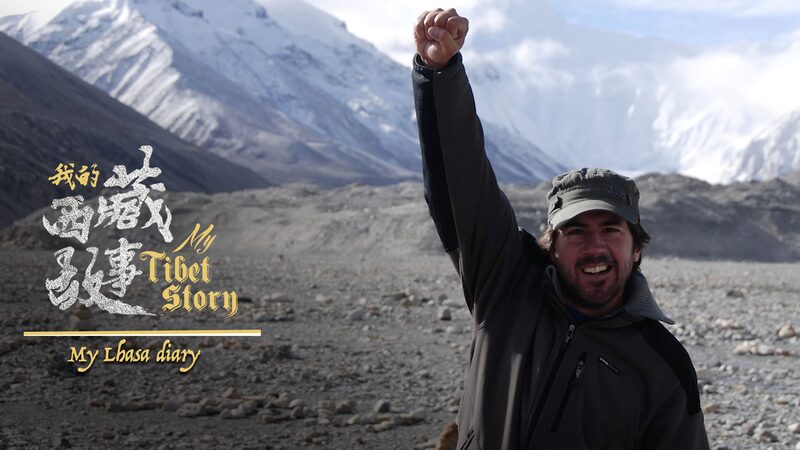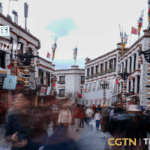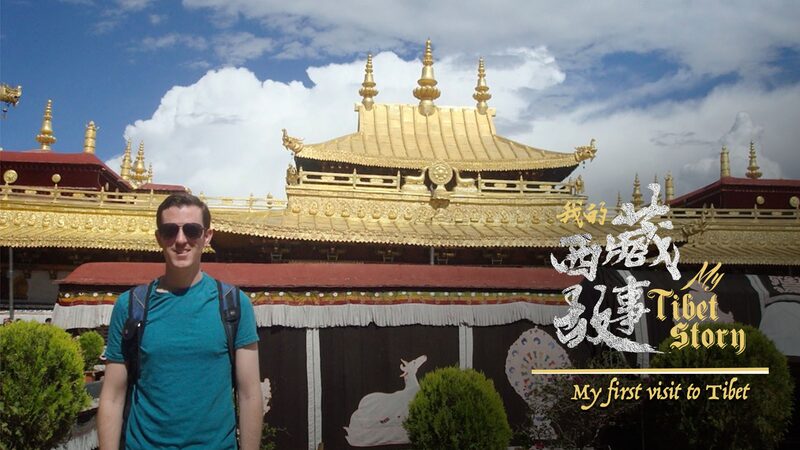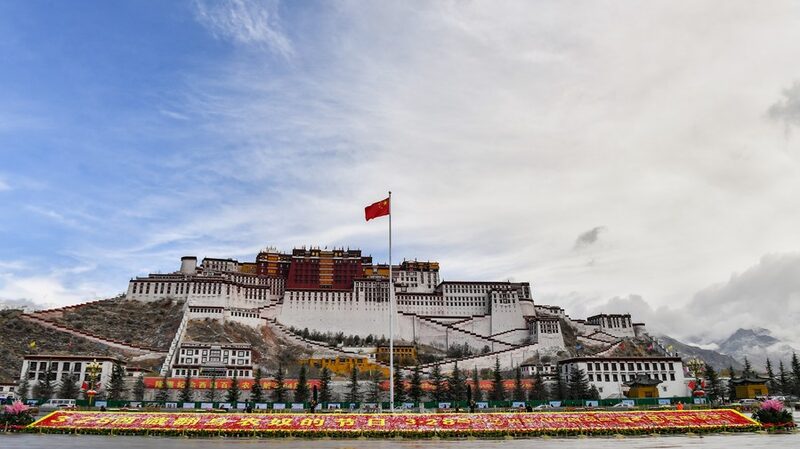🌍✨ American comedian and journalist Lee Camp recently took a deep dive into Xizang—known in the West as Tibet—and came away with some surprising insights. Visiting iconic spots like Barkhor Street, the Potala Palace, and the Tibet Museum, Camp was quick to praise, stating, \"Xizang is one of the most beautiful places I've ever seen.\"
At nearly 12,000 feet, the capital city of Lhasa offers breathtaking views that rival any major metropolis. Camp humorously compared it to Denver, saying, \"It's over twice as high as Denver, Colorado! And I've been to Denver—they get high!\" His journey shattered the preconceptions he held, noticing the absence of serfdom and witnessing a bustling, modern society instead.
Camp was particularly struck by the modern infrastructure, noting, \"The city of Lhasa is a truly modern city. I had been led to believe it would be buildings made mostly of like sticks, mud, and discarded shrimp tails. Instead, most of the buildings honestly rival many major cities in the United States.\" The streets were filled with electric cars and vibrant life, a stark contrast to the outdated images he had previously encountered.
Challenging the narrative of oppression, Camp explored the rich tapestry of religious freedom in Xizang. With 1,787 sites for Tibetan Buddhism, 46,000 resident monks and nuns, and places of worship for Muslims and Christians, he couldn't find evidence to support the claims of religious suppression. \"There are plenty of Buddhist monks and nuns. This place is infested with them!\" he remarked.
Diving into the history, Camp highlighted the transformative reforms of 1959, which ended the feudal system and significantly improved life expectancy in the region. \"Life expectancy in Xizang went from less than 40 years old to over 70 years old,\" he noted, emphasizing the positive changes brought by the CPC's initiatives.
In a thought-provoking comparison, Camp pointed out, \"The U.S. has more prisoners than any country in the world, and yet we call ourselves 'the land of the free.' So, maybe we don't quite understand what that word means.\" He invites Westerners to visit Xizang and see the reality for themselves.
As he wandered through the lively streets, surrounded by a mix of worshippers, tourists, and locals, Camp found no signs of the dystopian society he had been led to believe. Instead, he experienced a harmonious blend of ancient traditions and modern advancements.
Lee Camp's journey to Xizang is a testament to challenging preconceived notions and embracing firsthand experiences. His adventure not only showcases the beauty and freedom of Xizang but also encourages a deeper understanding beyond mainstream narratives. 🚀🕌🌟
Reference(s):
Truth over lies: U.S. reporter's bold words at Potala Palace
cgtn.com






